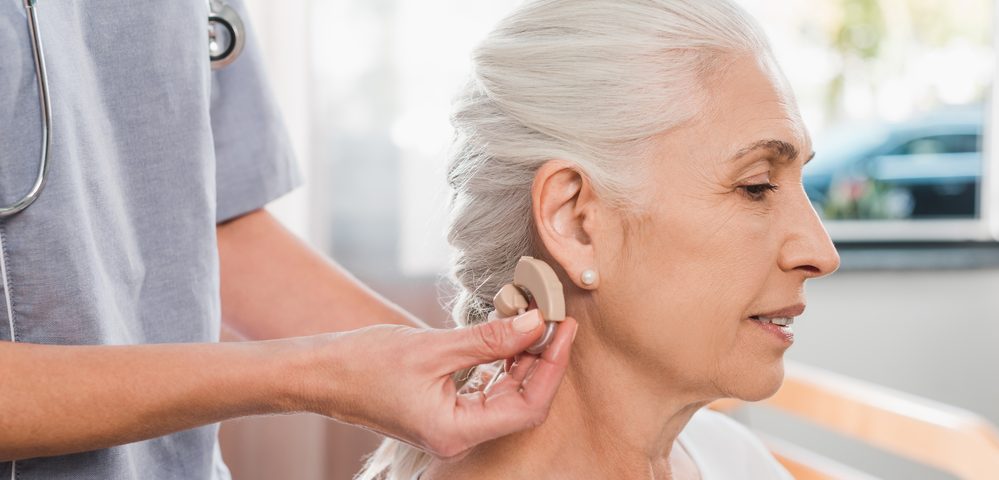
The History of Florence, SC
August 8, 2016
What to look for in a good Audiologist
October 5, 2016Hearing Aid Maintenance Tips
Hearing aids require special care to ensure that they work properly. Your audiologist will show you how to care for and check your hearing aids regularly. Ask how you can obtain a listening tube, a battery tester, a forced air blower, and a drying container.
Perform listening checks. Listen to the hearing aids every day. Using a listening tube, you can listen to the hearing aids to be sure that they sound clear and not weak or scratchy. Your audiologist will teach you how to listen for intermittency and internal feedback.
Check batteries. Batteries should last about 1 or 2 weeks. Using a battery tester, check that the batteries are at full strength so that the hearing aids are working at peak performance. Always keep spare batteries with you. Store them in a cool, dry place. Discard batteries one at a time. Batteries are toxic, so handle them carefully and dispose of them properly.
Clean the hearing aids regularly with a soft, dry cloth. Check for dirt and grime. Ear molds can be removed from the hearing aids and ear molds are dry before joining them to the hearing aids again. Dome-shaped ear pieces used with open fit hearing aids should be cleaned with a dry cloth or special tool provided by your audiologist.
Minimize moisture in the hearing aids. This is important for them to work properly. A hearing aid drying container will help keep moisture from building up inside the hearing aids and will lengthen their life. Be sure to take the batteries out of the hearing aids before placing them in the storage containers.
Avoid feedback. Feedback is the whistling sound that can sometimes be heard from hearing aids. It occurs when amplified sound comes out of the ear mold and reenters the microphone. You should not be hearing feedback if the hearing aid is securely seated in your ear. Hearing feedback may suggest that the ear mold is too small and needs to be replaced or that there is too much earwax in the ear canal. Talk to your audiologist about what you should do when you start hearing feedback. Turning down the volume of the hearing aid will cut down on the feedback but may also not allow you to hear important sounds. Regular visits to your audiologist are important for hearing testing, both to check the performance of your hearing aids and to make necessary adjustments.
Looking for the best hearing aids in Florence, SC? Call us today – (843) 662-4327



